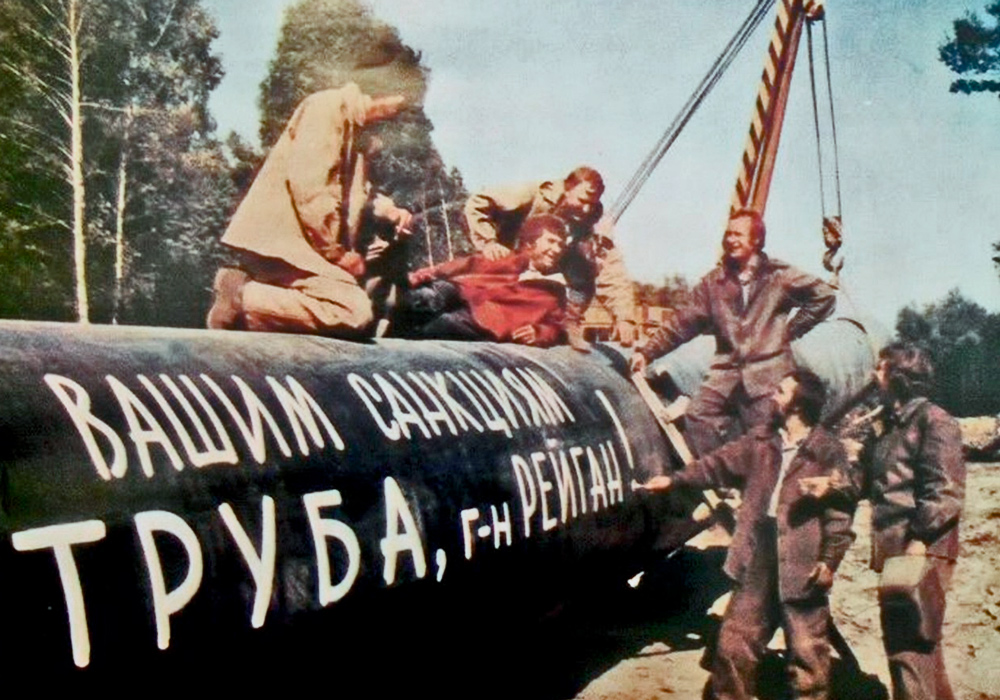Read also: Ukrainians to travel visa-free to the EU in mid-June: detailed calendar
This much-expected news was announced in the end of February. The process of visa liberalization was ongoing for six years, with Ukrainian officials making promises about visa-free travel being just around the corner it since 2014, after the victory of the Euromaidan revolution calling for, among other things, closer relations with the EU. The European Commission has proposed to abolish visas for Ukrainian citizens in 2015. In January 2017, when the goal is almost reached, it lost its initial value for some people. However, this step is still important for the country. Let’s figure out why.
Additional value of visa-free regime
Visa liberalization is not only about traveling more freely. It means something more for the country and it’s people.
“The free access to the European Union member states is not only a symbol of the fact that Ukrainians have chosen the pro-European way. They wanted to go direction-West and we need to enable them as good as we can in it. There are many other issues we have to support them in but the most problematic development is the war in the East of Ukraine,” told Rebecca Harms, a member of EU-Ukrainian delegation of the European Parliament to Open Media Hub.
On the individual level, no matter whether one has the opportunity to travel or not, it eliminates the feeling of inequality:
“It will mean some freedom. It means that Europe trusts us. It is certain level of our development,” says Olha, a student.
Read also: Ukraine’s visa-free saga with the EU. Seven things you should know
Ukraine turn westward met resistance from the Russian Federation, which had been exerting economic and political pressure on its former dependency since the Orange Revolution in 2004, and more recently – since the beginning of the Euromaidan Revolution in 2014. Now Russia has an additional tool – Ukraine’s war against Russian-backed forces in the Donbas:
“The problem in the East of Ukraine is that Kremlin has interest to use the war in the East of Ukraine against the reform process and against the Ukrainian turn towards the EU. They use this war even against the EU and its solidarity,” says Rebecca Harms.
Ukraine’s visa liberalization comes in the footsteps of an identical agreement with Georgia, another example of the post Soviet state turning into western path. Looking to Georgia gives Ukrainians a hint what to expect.
The beginning of visa free travels in Georgia
The signing ceremony took place on March 1st. The document was published in the EU official journal on March 9th and enter into force 20 days later. To make it happen Georgian diplomats were working hard for five years.
“It’s associated with freedom, especially freedom of movement. But the main thing now is to justify the trust that has been placed on us by the European Union.”
“It’s an opportunity for development and to share European culture, a chance to improve the outlook for ourselves and the country.”
The poll is taken from Open Media Hub.
Still, visa-free travels is not that free for Georgians. As Vano Chkhikvadze of the Free Society Georgia Foundation told, apart from a biometric passport, individuals should provide other documents on the borders too:
“If you’re going as a tourist, you need to show a hotel reservation, a return ticket, insurance and sufficient funds on your account.”
Also the expert says that the opinion that visa-free regime will allow Georgian citizens to seek work in the European Union is erroneous.
Read also: Why Europe’s fears of lifting visa for Ukraine are groundless
3 years of visa free travels in Moldova
Moldova is another case of visa-liberalization with the EU. In this country the liberalization has taken place in April 2014. After almost three years some conclusions can already be made.
“The pluses include: saving time, nerves, and money, free access to the whole EU, and the feeling of belonging to another caste. Many started to travel more,” says Andrey Dianku, an activist of the Ukrainian organization “Rumynska Sotnya.”
Among the drawbacks Andrey names the outflow of young people because the process of finding a job in EU became easier.
“Moldovans who wants to find a job in the EU can easily come to the EU country without a visa for 3 months, look for a job and get settled, and then to prepare to apply for a residency visa having the contract on their hands. The same will be with Ukrainians,” explains the activist.
However, he also admits that in Moldova many people already had Romanian citizenship and those who wanted to move did so a long time ago before the liberalization. According to the activist, visa-free travel has a negative impact on the tourist industry, unlike on the transport industry – now many people organize their travels by themselves. Before the agencies were needed mostly for getting a visa.
The visa liberalization with the EU helped Moldova to step onto the democratic path, but many problems should be solved still in the country:
“The visa free regime is not a solution to all the problems in the countries with association agreements. There are various big problems which we have to tackle. For example, in Moldova we have an ongoing fight against corruption. The EU has not always performed well to support Moldovans in this.
The visa free regime is mainly dedicated to the citizens and their freedom, and their will to move.It will help democracy and will develop a country into a normal state, as Ukrainians and Moldovans often say.”
The visa free regime will not solve the problems of Ukraine, but it will motivate Ukrainians to move forward and to see positive examples which can be followed to build a successful country at home.








